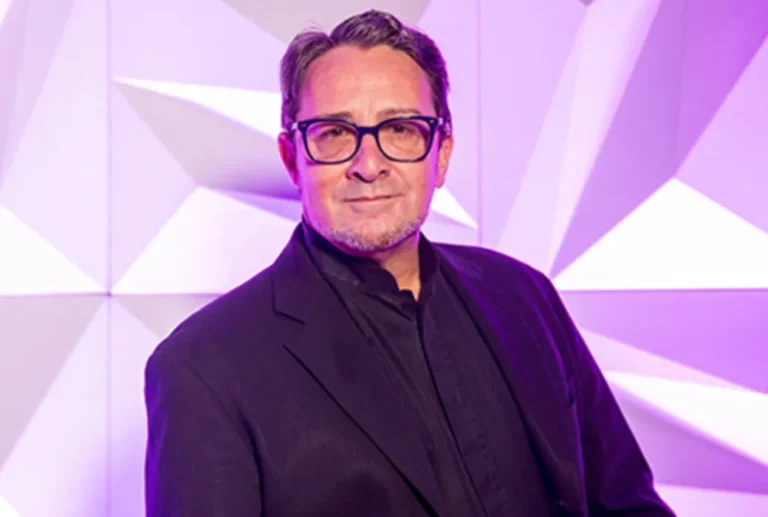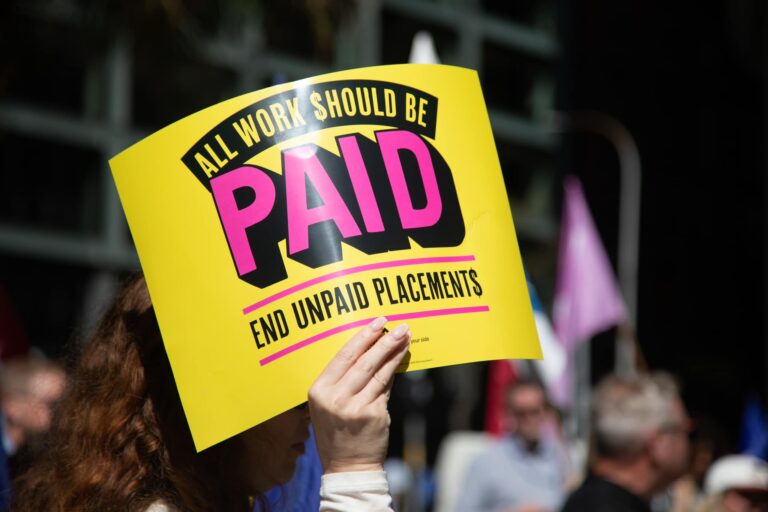
“We are building a new society within the shell of the old,” says Andreas, an international student from Surabaya in Indonesia, borrowing a quote from the International Workers of the World.
He is taking part in the Occupy Sydney community that has set up on a stretch of city concrete between the Reserve Bank of Australia and the high-rise Westpac Bank building at Martin Place.
Although in its fledgling days, it is astoundingly diverse movement already, drawing inspiration from the massive uprisings that have spread like wildfire all year long, from Tunisia to Tahrir Square and Madrid to Wall Street.
People arrived at Occupy Sydney on Saturday with a sense that something is wrong with an economic system that allows such vast inequalities.
Political leaders have failed to adequately address basic issues of housing, homelessness, poverty healthcare and public transport.
The occupiers have in common the knowledge that they have inherited a world in which a powerful few control wealth and resources, exploit and destroy the environment and promote constant warfare.
But more importantly the occupiers have in common the hope and the desire that another world is possible.
They include young people from Liverpool and Parramatta, forest and nuclear-free activists, university students, nurses, teachers, lawyers, bus drivers, builders and film-makers.
They are not from any one political group or perspective but are trying to find and create a new way of organising.
A group of friends from Parramatta has slept out at the occupation every night, participating in workshops, meetings and countless discussions about the changes the movement wants to make.
Says Sam, “Looking around us right now, we didn’t have any leaders, but we have a kitchen set up, we have a media crew. If people want to work on projects they come together and organise to do it.”
Having lived in Sydney for the past few years, Andreas is amazed and encouraged by the sense of community-building at the occupation, compared to his everyday experience of the lack of friendliness in the city streets and evaded eye contact on buses.
“It’s because the system – the state and the corporations – actually create those artificial divisions that make people alienated from their everyday lives, alienated from their workplaces,” Andreas says.
“I think it’s better for us to have a more direct democracy in our everyday life, not a centralised system where one small class is unaccountable to the society.”
El Prolo, a bus driver from Canberra says, “I think it’s a really good opportunity to have an anti-capitalist community space to explore ideas about creating alternative communities outside of the media message that most people get pumped into their homes. In that sense this is an important thing to be doing.”









